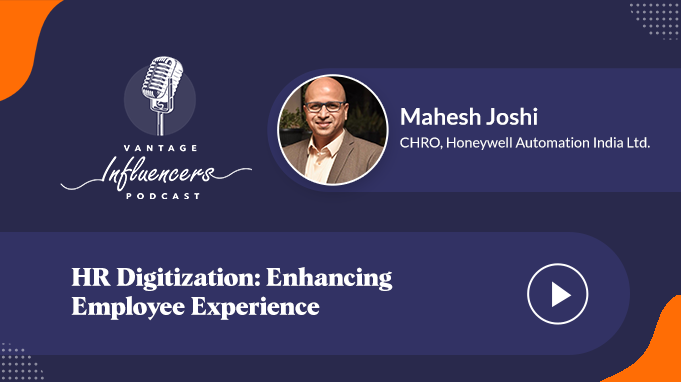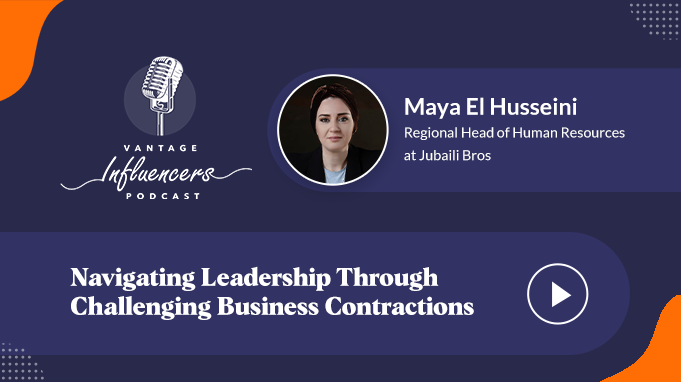How do you keep your employees engaged and motivated for their development? Do they struggle to implement what they've learned in the development programs? How should you help them to adjust as the nature of work changes?
In this podcast, we have a candid conversation with Ben Eubanks, where he explains the role of HR in employee development. According to Ben, HR used to focus on employee training solely, but now they're concentrating on future-readiness, focusing on both hard and soft skills, innovation, and agility.
About The Speaker
Ben Eubanks is the Chief Research Officer at Lighthouse Research and Advisory. Being a human capital management industry analyst, Ben helps companies and vendors with strategy, content, and more. He is also a co-founder of the HRevolution movement, an event that has attracted hundreds of attendees from around the globe to work together and explore the future of HR, work, and business. He has been speaking for ten-plus years and enjoys talking about linking HR strategy to business results, corporate culture, and innovative HR practices, among other things.
Connect with Ben on Linkedin
Show Notes
(00:58) Would you like to introduce yourself and tell us how you came into HR?
(01:33) Why don't you tell us more about Lighthouse Research and Advisory? We would love to know more about what you do there?
(02:58) You have been serving HR for so many years now; what role do you think employee development plays in the modern workplace?
(03:50) To deal with the changing times and unforeseen circumstances, it is necessary to update one's knowledge. We can't use the same skills in every situation, and to withstand the severe competition, one must stay up with the latest innovations. How is the role of employers changing when it comes to upgrading employees' knowledge?
(05:42) How has employee development evolved over the years?
(06:46) Diversity and inclusion are becoming more of a business need as companies realize the benefits of a varied workforce. Diversity and inclusion initiatives are being developed, diversity task groups are being formed, diversity officers are being hired, and diversity training is being conducted in the workplace. Do you think diversity training programs help in reducing the risk of workplace discrimination and harassment?
(08:45) How do you measure the effectiveness of learning and development programs?
(12:45) What is the future of employee learning and development? What can we expect from it?
























